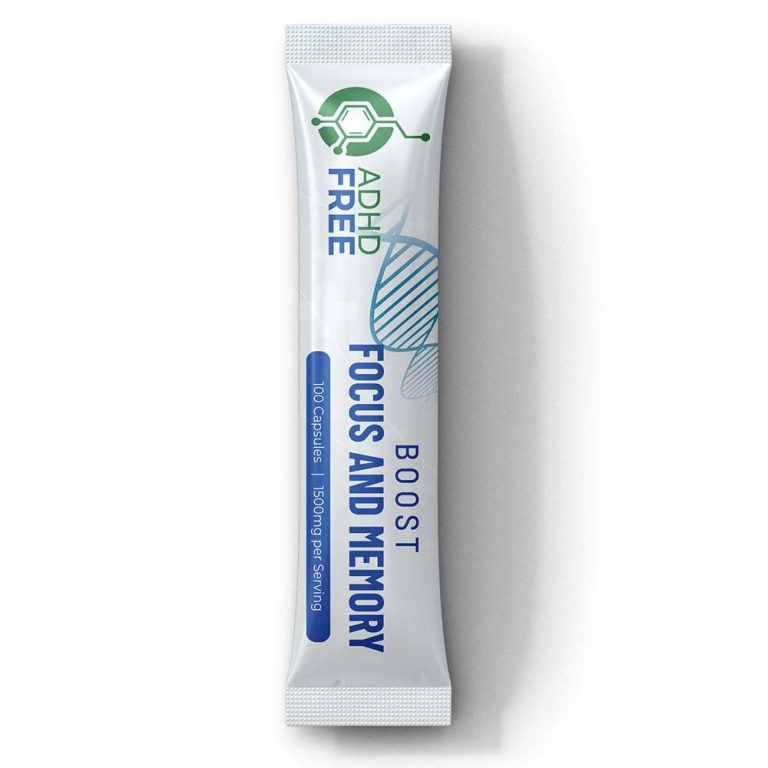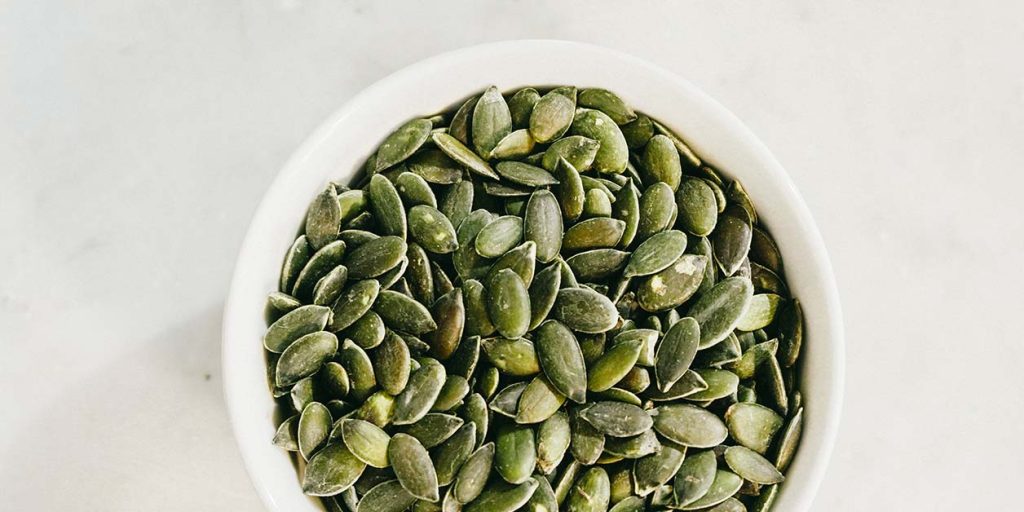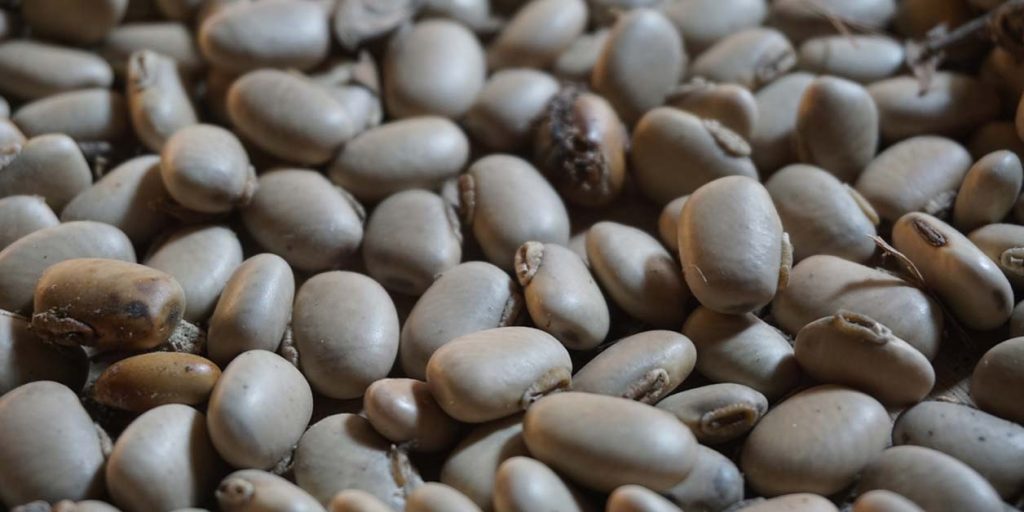Rhodiola Rosea, also known as Arctic or Golden Root, has been used for centuries in traditional medicine. It combats fatigue and enhances physical and mental performance. This article looks into how Rhodiola Rosea modulates dopamine function in the brain.
Dopamine is a neurotransmitter that plays a major role in mood regulation, motivation, reward, and cognitive processes. Imbalances in dopamine levels are linked to psychiatric disorders such as depression, anxiety, and ADHD. Investigating how Rhodiola Rosea influences dopamine function may reveal its therapeutic benefits.
Research shows that Rhodiola Rosea interacts with the dopamine system in multiple ways. For instance, it prevents dopamine breakdown by blocking the enzyme monoamine oxidase (MAO). This could explain its antidepressant and anxiolytic effects.
Furthermore, studies suggest that Rhodiola Rosea increases dopamine release from neurons by stimulating them. This adaptogenic herb may thus improve focus, concentration, and cognitive performance.
To explore Rhodiola Rosea’s relationship with dopamine function further, we must look to ancient civilizations. It was used as an herbal remedy for fatigue and endurance enhancement in Siberia and Scandinavia.
What is Rhodiola Rosea?
Rhodiola Rosea, a herb with many health benefits, has become popular. It modulates dopamine function and is a powerful adaptogen. It helps the body deal with stress and improves cognitive performance.
It is a great natural supplement for those wanting to improve their well-being. Studies show it increases energy, reduces fatigue and improves mood. It also boosts mental focus and concentration, making it great for students or those with demanding jobs.
How does it modulate dopamine? By regulating serotonin levels in the brain. Serotonin is a neurotransmitter that controls mood and emotions. Rhodiola Rosea balances serotonin, helping to stabilize mood and reduce depression and anxiety.
If you want to incorporate Rhodiola Rosea:
- Start low and increase over time. This helps the body adjust and reduces the risk of side effects.
- Take it in the morning or early afternoon. Its stimulating properties mean it should not interfere with sleep.
- Combine it with other adaptogens like ashwagandha or ginseng. These herbs work together to give even greater benefits.
Follow these tips to get full benefit from Rhodiola Rosea. Remember to consult with a healthcare professional before starting any new supplement program.
How Rhodiola Rosea Modulates Dopamine Function
To understand how Rhodiola Rosea modulates dopamine function, dive into the role of dopamine in the brain and the effects of Rhodiola Rosea on dopamine levels. Discover the powerful impact this botanical remedy can have on regulating this crucial neurotransmitter.
The Role of Dopamine in the Brain
Dopamine is an essential neurotransmitter in the brain. It plays multiple roles in cognitive and emotional processes, such as reward-motivated behavior, motor control, mood regulation, and attention.
It also helps the brain’s reward system. When something rewarding or pleasurable happens, like eating yummy food or winning a game, dopamine levels rapidly rise in particular areas of the brain. This boosts these activities and encourages us to seek similar experiences again. Low dopamine can lead to conditions like addiction and depression.
Moreover, dopamine helps with motor control. It influences movement initiation, execution, and coordination. Parkinson’s disease happens when there isn’t enough dopamine in the regions of the brain responsible for movement control. Research has led to therapies that aim to restore dopamine levels or boost its activity.
Additionally, dopamine impacts mood regulation and mental well-being. Imbalances in dopamine levels are associated with psychiatric conditions such as schizophrenia and bipolar disorder. Medication targeting the dopaminergic system can help with these disorders.
The research into dopamine began in the 1950s with Swedish scientist Arvid Carlsson. He tested an animal model of Parkinson’s disease and observed that L-DOPA (a precursor to dopamine) could restore motor function. This finding was the beginning of further exploration into dopamine’s functions and therapeutic possibilities.
The Effects of Rhodiola Rosea on Dopamine Levels
Rhodiola Rosea has gained attention due to its ability to modulate dopamine. Studies say it can increase dopamine in certain brain parts, which could boost pleasure and motivation. Plus, it can inhibit dopamine reuptake, keeping levels high for longer. This could lead to better focus.
Additionally, Rhodiola Rosea protects against oxidative damage of dopaminergic neurons. This could help preserve dopamine function.
In traditional medicine, it has been used for improving mood and reducing stress since ancient times.
Currently, research is still in its early stages. But, the evidence suggests that Rhodiola Rosea could be a natural remedy for enhancing mood and cognitive performance.
Mechanisms of Action of Rhodiola Rosea on Dopamine Function
To understand the mechanisms of action of Rhodiola Rosea on dopamine function, delve into how it regulates dopamine synthesis and release and offers protection against dopamine degradation. By exploring these sub-sections, you will gain insights into the ways Rhodiola Rosea can positively impact dopamine levels and function.
Regulation of Dopamine Synthesis and Release
Dopamine synthesis and release are important processes for the brain. To learn how these mechanisms work, we need to look into the factors involved.
- Tyrosine is a precursor for dopamine synthesis.
- Tyrosine hydroxylase converts tyrosine to L-DOPA.
- DOPA decarboxylase turns L-DOPA into dopamine.
- The dopamine transporter helps dopamine move into presynaptic neurons.
- The vesicular monoamine transporter 2 (VMAT2) packages dopamine into vesicles.
- Calcium channels trigger exocytosis of dopamine-containing vesicles.
Various regulatory factors also modulate dopamine synthesis and release. These include neurotransmitters, neuropeptides, and signaling pathways. Rhodiola Rosea, a natural herb, affects dopamine function in multiple ways. It increases dopamine levels by inhibiting reuptake and increasing release from vesicles.
It’s clear that understanding the regulation of dopamine is necessary to target cognitive disorders associated with dopaminergic dysfunction.
Protection against Dopamine Degradation
Rhodiola Rosea can protect dopamine degradation. This natural compound works against various mechanisms to stop dopamine breakdown. Dopamine is a neurotransmitter that regulates emotion, motivation, and movement.
Here is a summary of Rhodiola Rosea’s protection against dopamine breakdown:
| Mechanism | Description |
|---|---|
| Antioxidant activity | Rhodiola Rosea has antioxidants that stop free radicals. |
| Monoamine oxidase (MAO) | Rhodiola Rosea slows down an enzyme that breaks down dopamine. |
| Anti-inflammatory effects | Rhodiola Rosea decreases inflammation in the brain. |
Rhodiola Rosea also helps mitochondrial function and neuroplasticity. This can help protect against dopamine degradation more.
Tip: Rhodiola Rosea may help keep dopamine levels and brain function healthy. However, it is smart to check with a healthcare professional first.
Potential Benefits of Rhodiola Rosea on Dopamine Function
To better understand the potential benefits of Rhodiola Rosea on dopamine function, let’s explore how it can positively impact various aspects of your life. From improving mood and mental well-being to enhancing cognitive function and focus, and even discussing its potential use in the treatment of dopamine-related disorders, Rhodiola Rosea offers a range of solutions for optimizing dopamine function in your body. Let’s dive into the details.
Improvement in Mood and Mental Well-being
Rhodiola Rosea, a natural herb, has been found to boost mood and mental well-being. Its active compounds, such as salidroside and rosavin, work to enhance dopamine function in the brain. Here are five potential benefits:
- Enhanced mood: Rhodiola Rosea can lift your spirits and reduce symptoms of depression.
- Reduced stress and anxiety: This herb may help lower stress levels and promote calmness.
- Increased focus and attention: It can improve concentration and cognitive performance.
- Boosted energy levels: This adaptogen increases energy levels and combats fatigue.
- Improved sleep quality: Rhodiola Rosea regulates sleep patterns, promoting rest and rejuvenation.
To reap these benefits, consider incorporating Rhodiola Rosea supplements into your daily routine. Stress management techniques like meditation and deep breathing can also help. Lastly, maintain a balanced lifestyle with sufficient sleep, exercise, and nutrition. Consult with a healthcare professional first and remember that individual responses may vary. With the right approach, Rhodiola Rosea could be a great addition to your journey towards improved mood and mental well-being.
Enhanced Cognitive Function and Focus
Rhodiola Rosea has the potential to boost cognitive function and focus. It can offer:
- Longer Attention Span: This herb could increase the brain’s power to focus for a while, making productivity and performance better.
- Raised Mental Energy: Rhodiola Rosea activates dopamine receptors, giving mental energy for a longer time.
- Decreased Mental Fatigue: Research shows that it can reduce mental fatigue, improving cognitive function and preventing burnout.
- Enhanced Mood and Motivation: This adaptogen promotes mood stability and motivation, making people stay upbeat and determined.
Plus, Rhodiola Rosea is a top choice for those looking for an alternative way to upgrade mental performance. A study published in “Phytotherapy Research” showed that it can raise dopamine levels in rats by stimulating dopaminergic neurons.
Potential Use in the Treatment of Dopamine-related Disorders
Rhodiola Rosea is a powerful adaptogenic herb that has potential to treat dopamine-related disorders. Its special features make it an interesting choice for alternative treatments. Consider these four points:
- Regulating dopamine levels: Rhodiola Rosea can modulate dopamine in the brain, restoring balance and relieving symptoms caused by dopamine imbalances.
- Anti-depressant effects: Studies suggest that Rhodiola Rosea could have anti-depressant properties. It can increase the availability of neurotransmitters like dopamine. This could support people with depression or other mood disorders.
- Neuroprotective properties: Research shows that Rhodiola Rosea may have neuroprotective effects on dopaminergic neurons. These are important for normal dopamine function. This herb could possibly slow down the development of neurodegenerative diseases such as Parkinson’s disease.
- Improved cognitive function: Early studies show that Rhodiola Rosea may improve cognitive function, including memory and attention. As dopamine is vital for cognition, this herb’s ability to optimize dopamine levels could help people who want to improve their cognitive abilities.
Also, Rhodiola Rosea has been used for many years in traditional medicine. It has been used in Siberia and Scandinavia for centuries as an adaptogen and energy enhancer. This long history shows that it can be a potential treatment for dopamine-related disorders.
Conclusion
Discover the power of Rhodiola Rosea! This herb has been found to modulate dopamine, which has significant effects on mood, cognitive function, and overall wellbeing. It increases dopamine in the brain, a neurotransmitter that plays a role in motivation, reward, and pleasure. Low dopamine levels can lead to depression and decreased motivation. With higher dopamine, Rhodiola Rosea can help with these symptoms and improve mood.
Plus, it can enhance cognitive abilities and mental performance, as dopamine is involved in attention, memory, and learning. Additionally, it has an adaptogenic effect, helping the body cope with stress by modulating dopamine. This can be especially useful for individuals with chronic stress or high-stress lifestyles.
Unlock the potential benefits of Rhodiola Rosea! Make it part of your daily routine and reap the benefits of better mood, cognition, and stress management. Live a happier, more balanced life with Rhodiola Rosea today.
Frequently Asked Questions
Q: What is Rhodiola Rosea?
A: Rhodiola Rosea is a medicinal herb commonly used in traditional medicine. It is known for its ability to modulate dopamine function.
Q: How does Rhodiola Rosea affect dopamine function?
A: Rhodiola Rosea contains bioactive compounds that can regulate dopamine levels in the brain. It acts as an adaptogen, promoting a balanced dopamine system and helping to alleviate symptoms of dopamine-related disorders.
Q: What are the potential benefits of Rhodiola Rosea on dopamine function?
A: Research suggests that Rhodiola Rosea may enhance dopamine neurotransmission, leading to improved mood, increased motivation, and better cognitive function. It may also protect dopamine neurons from oxidative stress.
Q: Are there any side effects of using Rhodiola Rosea for dopamine modulation?
A: Rhodiola Rosea is generally considered safe when used as directed. However, some individuals may experience mild side effects such as insomnia, irritability, or gastrointestinal discomfort. It is important to consult with a healthcare professional before starting any supplementation.
Q: How should Rhodiola Rosea be consumed for optimizing dopamine function?
A: Rhodiola Rosea is available in various forms, including capsules, powders, and teas. The recommended dosage may vary depending on individual needs and the specific product. It is advisable to follow the instructions on the product label or seek guidance from a healthcare professional.
Q: Can Rhodiola Rosea be used as a treatment for dopamine-related disorders?
A: While Rhodiola Rosea shows promise in modulating dopamine function, further research is needed to establish its efficacy as a standalone treatment for dopamine-related disorders. It may be used as a complementary approach alongside conventional treatments, but medical advice should be sought in such cases.







